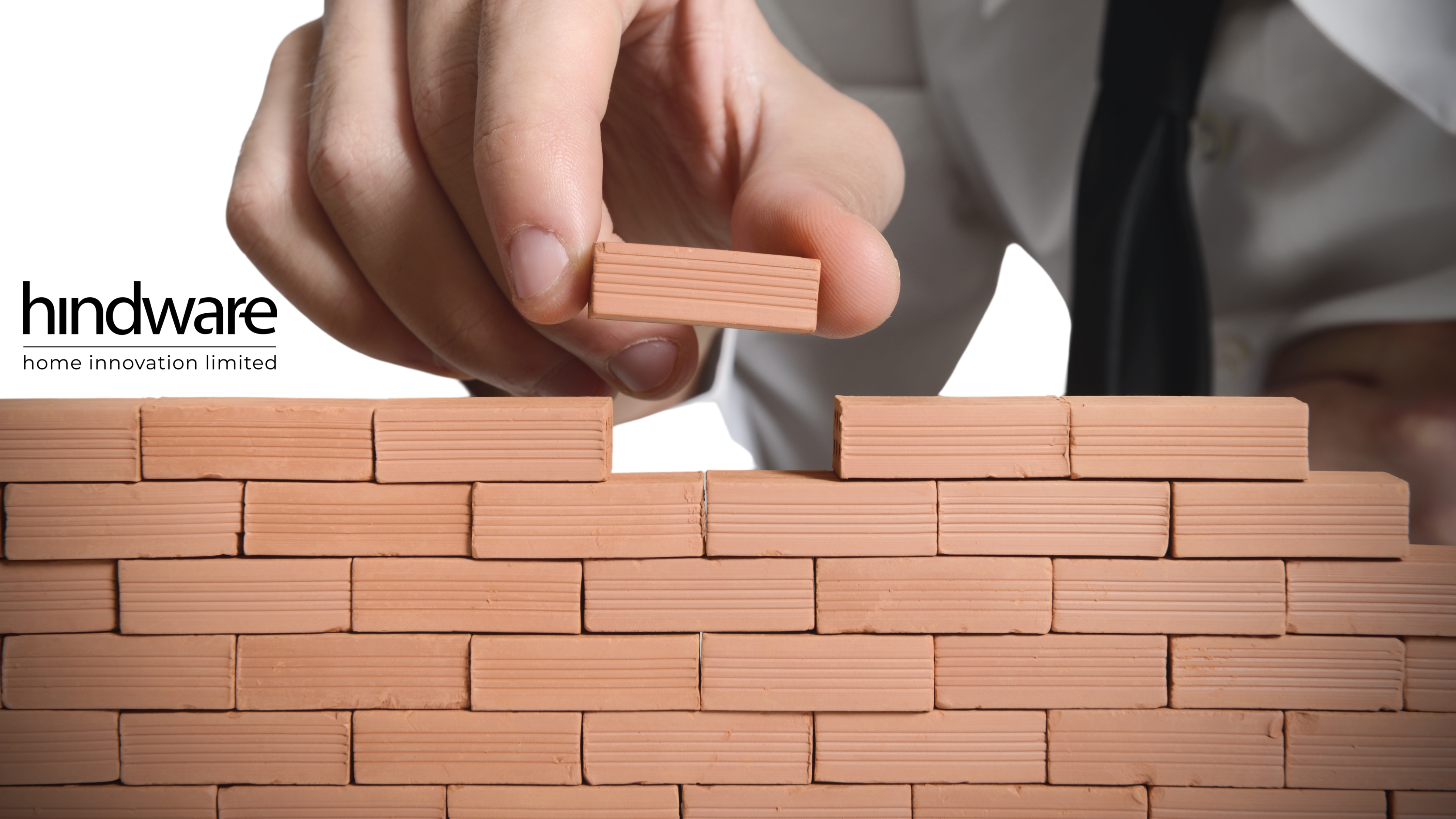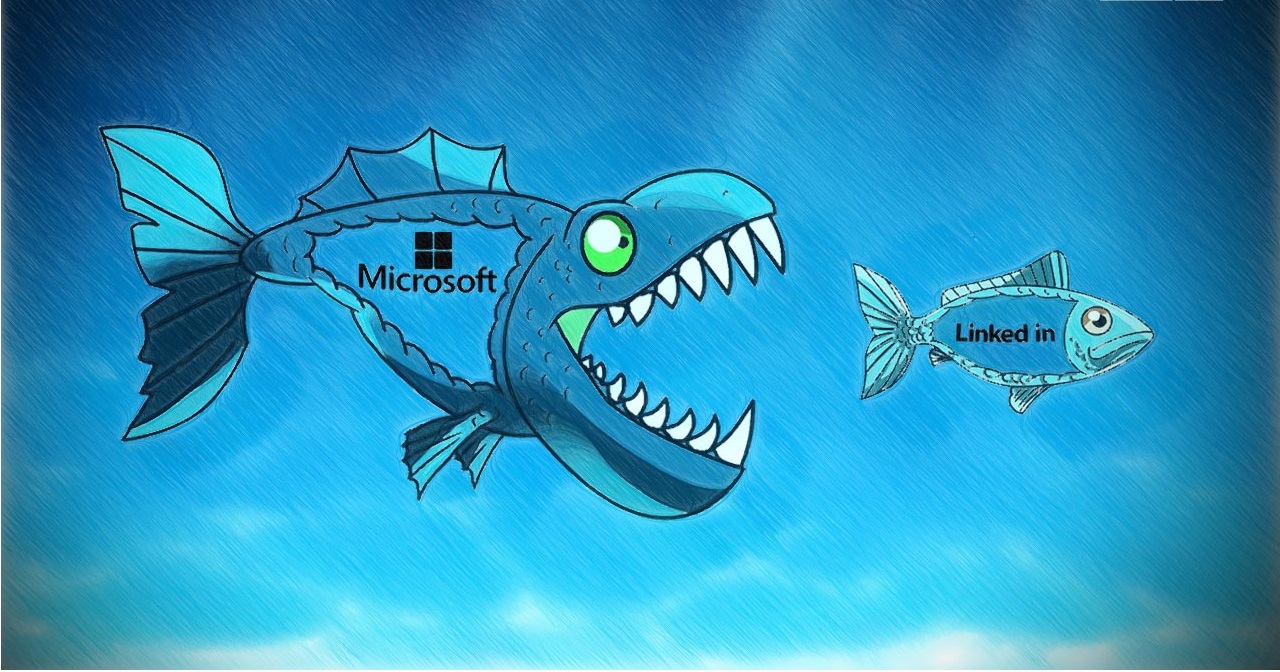MUMBAI/NEW DELHI: Kishore Biyani-led Future Group is in early discussions with Aditya Birla Retail (ABRL) to buy or merge the latter’s More supermarket business to consolidate its leadership in the brick-and-mortar retail sector and to build a large network of stores that could be leveraged in alliance with e-commerce companies for multi-channel sale of food and groceries.
Two persons aware of the development said the discussions, which began a while ago and then got suspended, resumed recently. “While the discussions are still exploratory, the Future Group is preparing to conduct a due diligence exercise for a possible merger or acquisition,” said one of these persons. But he added that there was no guarantee that these talks will culminate in a deal.
If a deal materialises, it will be Future Group’s fourth acquisition of food and grocery chain in less than five years. The group acquired Big Apple, Nilgiri’s and Bharti Retail to create an entity that operates 738 retail stores spread over around 13 million square feet of space across 221 cities.
Aditya Birla Retail — the fourth-largest supermarket chain in the country after Future Group, Reliance Retail and D’Mart — operates 500-odd stores covering about 2 million square feet of retail space and grossed revenues of Rs 2,948 crore during 2014-15.
The Aditya Birla Group’s core focus in the retail sector is in the apparel segment. Unlike food and grocery retailing that operates on wafer-thin margins, apparel retailing is a lucrative business with margins as high as 30%, and the group is by far the market leader with brands such as Allen Solly and Van Heusen.
A year ago, the group restructured its retail business by carving out apparel maker Madura Fashion & Lifestyle division from Aditya Birla NuvoBSE 1.13 % and merging it with the listed loss-making PantaloonBSE -0.48 % Fashion & Retail to create the country’s largest branded apparel company with sales of Rs 6,060 crore.
DEBT BURDEN
Biyani’s ambition to expand his footprint could result in a substantial increase in the Future Group’s debt burden.
ABRL had a net loss of Rs 571 crore in FY14-15 and total debt of Rs 5,232 crore as of March 31, 2015. Future has a debt burden of Rs 4,941 crore, and high-interest outgo has been impacting profits. A couple of years ago, the company took several measures to reduce its debt, including the sale of Pantaloon Stores to Aditya Birla Group.
Experts and industry players say an acquisition or merger will bring about greater economies of scale in terms of joint sourcing and synergies and enable the Future Group to expand its presence in the South, where More has a strong footprint. In addition, the large network of stores could be leveraged for the online sale of food and groceries that is estimated to generate annual revenues of $5 billion by 2020.
“Traditionally, brick-and-mortar retailers have not been innovative enough to extend sales from their stores to online. Online can be a ‘bolt on’ to the offline stores. An offline store can cover the only 2-3 km radius of a catchment.
With online, one store can cover up to 12 km radius,” said K Radhakrishnan, co-founder of GrocerMax. He added that major Indian offline retailers could develop a ‘bolt on’ strategy either on their own or in partnership with an online foreign player.
“Either way, the lines between formats are going to get thinner and more blurred. However, the offline players must show innovation, willingness and nimbleness to reciprocate,” said Radhakrishnan.
EYEING FOREIGN ETAILERS?
A senior retail official who did not wish to be identified said it appeared Biyani’s intention was to create an offline business that would be attractive for foreign online retailers interested in playing the hyperlocal game in India. “With Alibaba knocking at the doors, Biyani’s timing could be just right,” he said.
One person familiar with Biyani’s plans said the deal will also enable Future Group’s FMCG arm — which sells more than two dozen private label products across segments such as foods, snacks and beverages, home care and personal hygiene — to expand its reach.
The Future Group expects its own food brands such as Golden Harvest, Tasty Treat, and Sunkist to account for nearly 70% of earnings from corresponding product categories at its supermarkets as it targets a sales revenue Rs 20,000 crore from its in-house brands by 2021.
Recent Articles on M&A
Source: Economic Times




